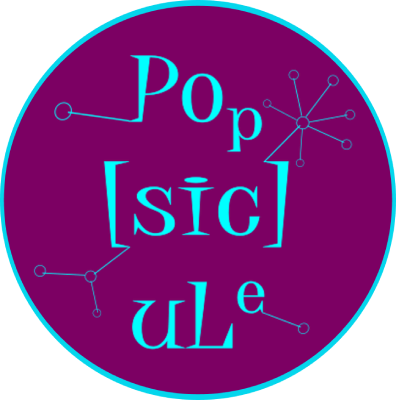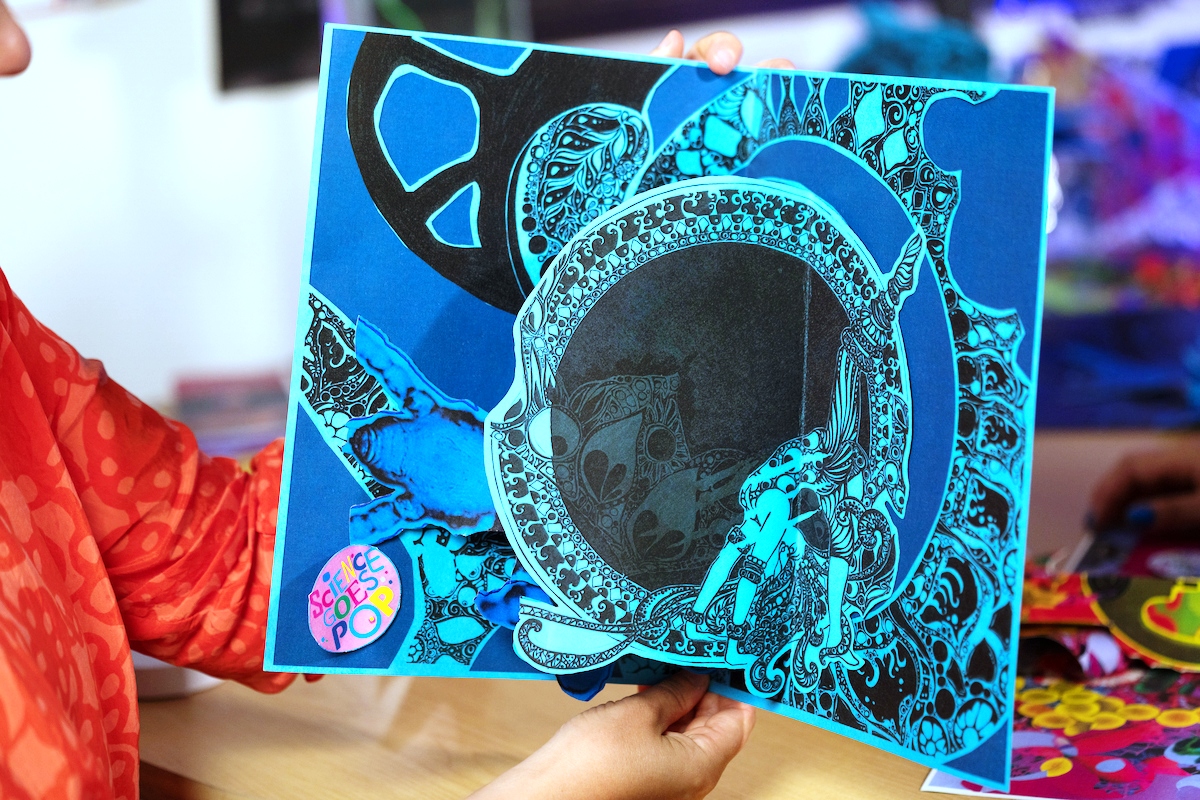
Parasitology goes pop!
Parasites tend to have a ‘bad reputation’ in our collective imagination, but did you know that they are not just an incredibly essential part of our ecosystem, but also teach us a lot about their hosts (including us) and are used as medicine?
Parasites, the masters of stealth, ‘make a living’ by being undetected. Parasites normally live on or in hosts and cause them harm. They depend on taking the resources from the host and hence they need to avoid being detected at all costs. By studying parasites we not only find ways to prevent the diseases they cause, new ways of delivering drugs or to attach medical devices, but we also learn more about their hosts: us. A future pop-up book on the power and (hidden) beauty of parasites can explore their fascinating scientific, societal and cultural relevance in more detail!
The initial prototype ‘Parasite’ pop-up page featuring a head louse reminds us that parasites can be found anywhere – on our heads, in our poo, on our pets, in the snails in the pond, on the bees in the garden, in the ants in the forest… If we only look close enough, we can find parasites.
The world of parasites is diverse: parasites can be so small that it is hard to see them under a microscope, whereas others are taller than their human hosts. Some are plain and grey, others colourful and flamboyant. Some parasites captivate through their elegant and fragile forms, others have strong, sturdy, and stout bodies. But each parasite has its own talents, and many display extraordinary skills: they can be super strong, they can leap over obstacles a hundred times their size, they are expert safecrackers, illusionists, and contortionists, they can starve for years, they are masters of hide and seek, and survive in the harshest environment. Some parasites are even master puppeteers steering their hosts to unwillingly actions. Many parasites cause deadly diseases, but others can be put to good use: parasitic wasps fight against invasive ants or aphids and little parasitic worms protect the veggie patch from hungry bugs. Leeches help surgeons and worms can help to train our immune system.
Beauty is in the eye of the beholder – come see the world through the eyes of parasites.
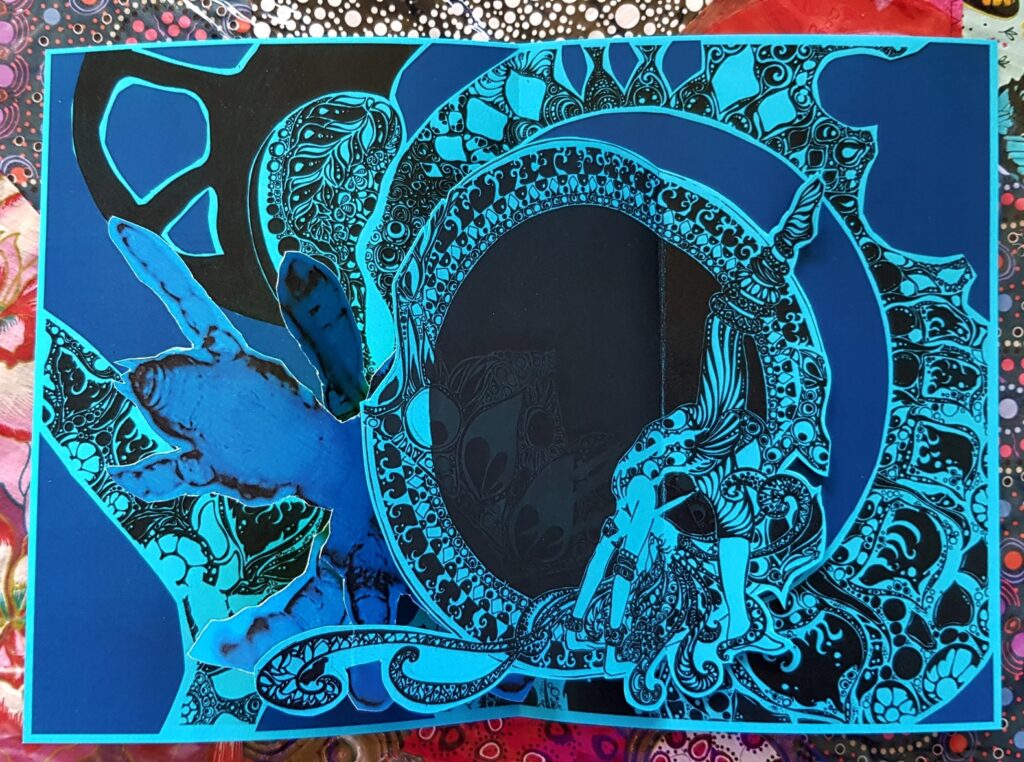
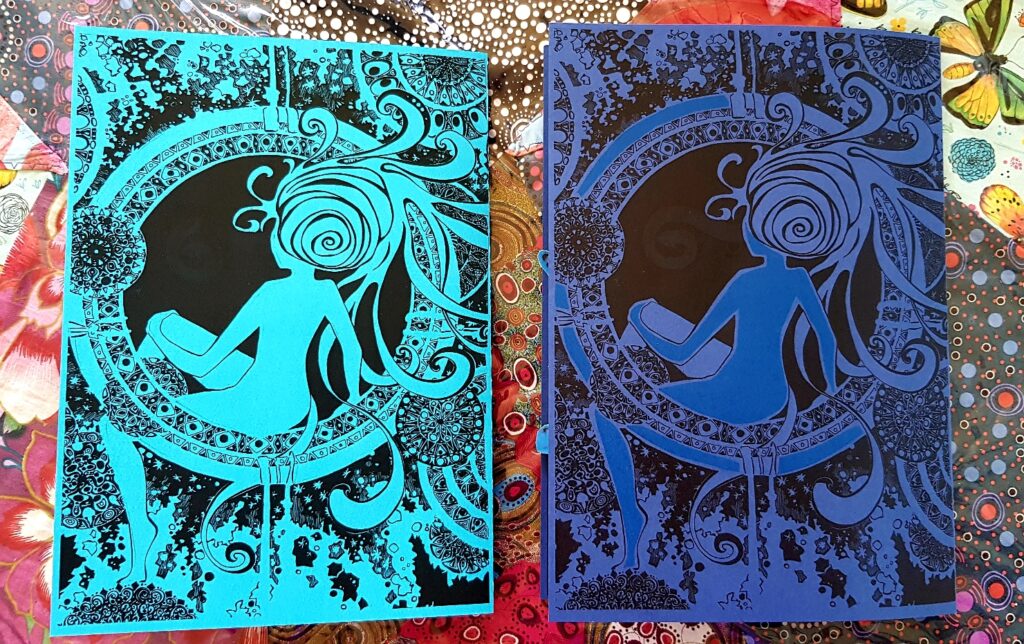
Meet the scientist: Professor Alex Maier
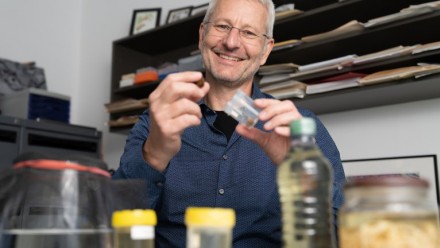
Professor Alex Maier’s passion for Molecular Parasitology was ignited during his studies at the University of Tuebingen (Germany) and Southern Colorado (USA). During his doctorate he investigated protein trafficking and membrane proteins of an energy generating organell in Trypanosoma brucei, the causative agent of the African sleeping sickness. This work was conducted under the supervision of Professor Christine Clayton at the ZMBH (Center for Molecular Biology) in Heidelberg, Germany.
In 2000 he was awarded a Post-doctoral fellowship from the German research council (Deutsche Forschungssgemeinschaft) to join the Walter and Eliza Institute of Medical Research (WEHI), Melbourne. Here he established and headed the WEHI Malaria Functional Genomics Facility from 2002-2008 focussing on the mechanism of how malaria parasites invade red blood cells and the transport and display of malaria molecules on the surface of infected red blood cells. Prof. Maier moved to the Department of Biochemistry at La Trobe University as ARC Australian Research Fellow and lab head in 2008 to investigate red blood cell modifications induced by the malaria parasite Plasmodium falciparum. Prof. Alex Maier joined the Division of Biomedical Sciences and Biochemistry at The Australian National University in 2012. His research activites have been recognised by several awards including being a finalist at the Eureka Awards and a Laureate of the Khwarizmi International Award. He is an Alexander-von-Humboldt Fellow, a Senior Fellow of the Higher Education Academy and a Fellow of the Australian Society for Parasitology.

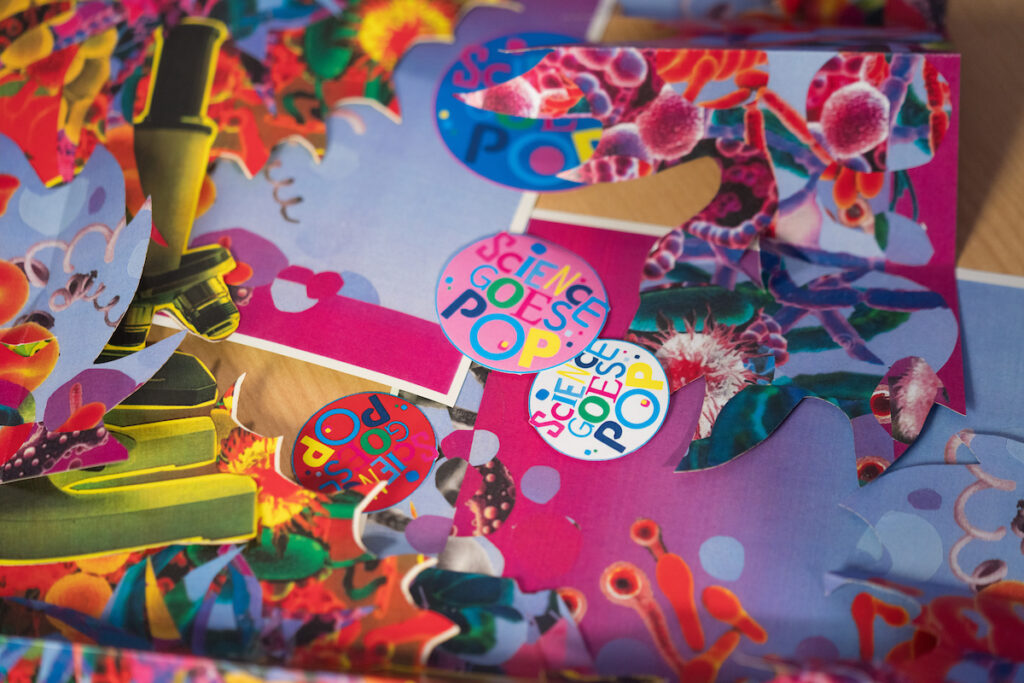
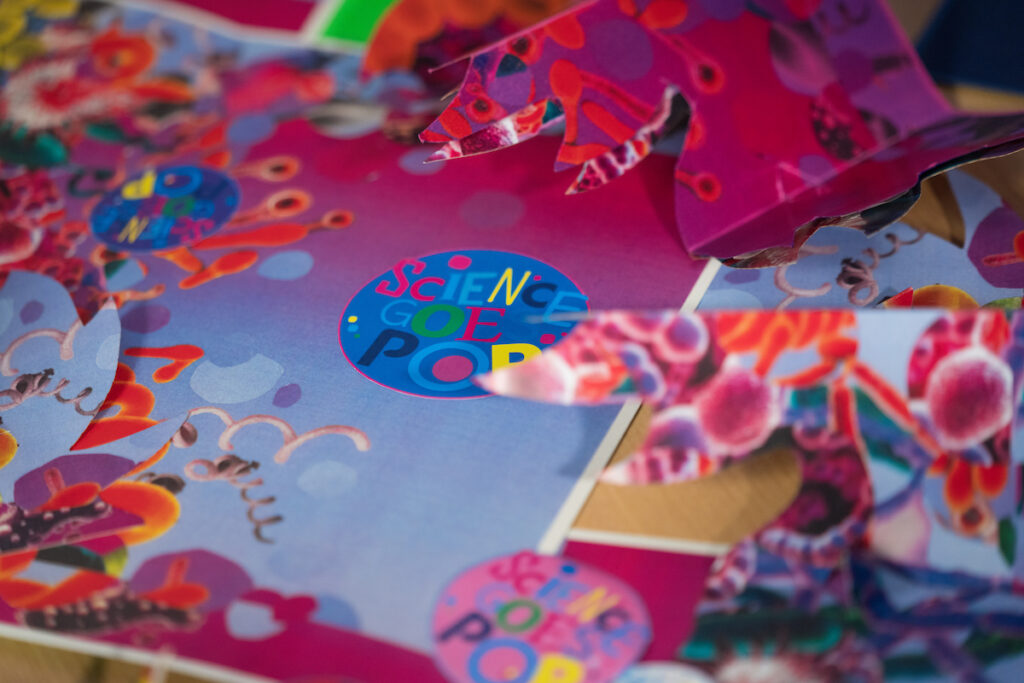
The ULTRA-PERCEPTION project reimagines the book as a traditional medium, physical object and traditional knowledge broker, by amplifying it into an interactive, technologically-empowered tool for intergenerational discovery and learning. Supported by KINETIC – a funding scheme for “for game-changing new ideas” piloted in 2023 by ANU Physics, the ANU MakerSpace, Wizer and Compton School – we create a prototype of what will hopefully become a series of research-based pop-up books that are accompanied by an augmented reality app. Five of our initial six pop-up spreads, which can later be rolled out into individual books, are dedicated to specific research themes ranging from the research field of Environmental Humanities to Synthetic Biology. By hovering a prototype app, created by the Canberra animation company Eye Candy, over these spreads, the science-based pop-up pages come to life – through art and technology, awe and wonder. A new science experience!
